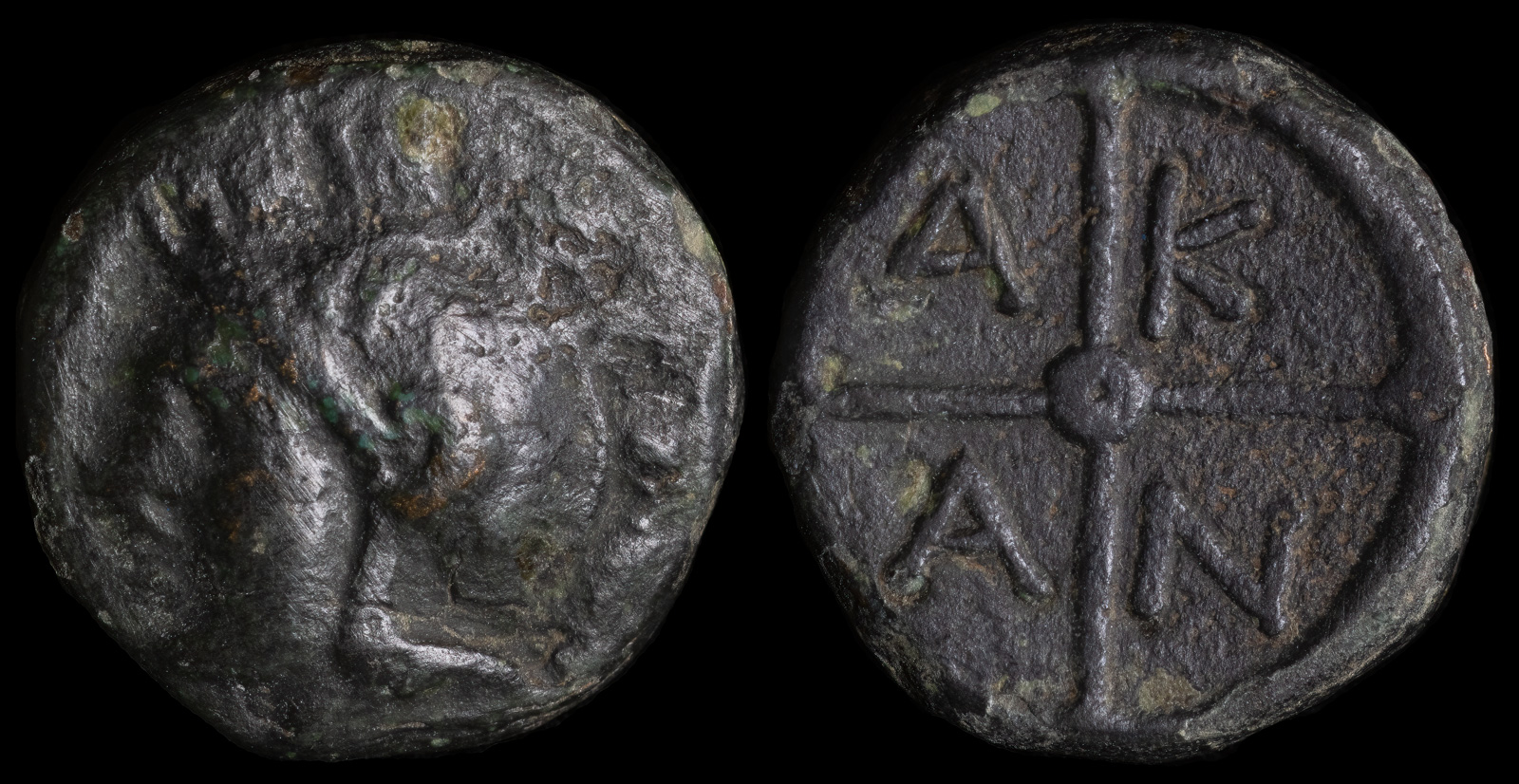Pallas
View All Tags
One interpretation of the epithet “Pallas” stems from a myth involving Athena’s childhood. According to some accounts, Pallas was the name of a close companion or sibling of Athena. In this version, the two engaged in mock combat or practice, and Athena accidentally killed Pallas in a tragic misunderstanding. Stricken with grief, Athena adopted the name “Pallas” as part of her own, honoring her fallen friend and immortalizing their bond.
Another version connects “Pallas” to the Titan Pallas, who was associated with war and combat. Athena’s association with this figure could symbolize her martial prowess and her role as a protector and strategist. This interpretation highlights Athena’s dominance in the realm of war, where she embodies reasoned strategy rather than brute force.
The epithet “Pallas” underscores Athena’s dual nature as both a fierce warrior and a goddess of wisdom. The term is often linked to the concept of youthful vigor and strength, qualities that Athena embodies despite her portrayal as a mature and composed deity. The association with Pallas emphasizes her active and dynamic role in both divine and mortal realms.
Athena Pallas is frequently depicted with her characteristic armor, helmet, and shield (the Aegis), reinforcing her martial identity. Her epithet connects her to the ideals of disciplined combat and intellectual might, setting her apart from deities associated with chaotic or destructive violence.

Macedon Akanthos
circa 400-358 BCE
AE 14.23mm 3.31g
Obverse: Head of Pallas left, in crested helmet
Reverse: Wheel of four spokes, A-K-A-N, each letter in a quarter of the wheel
BMC 47